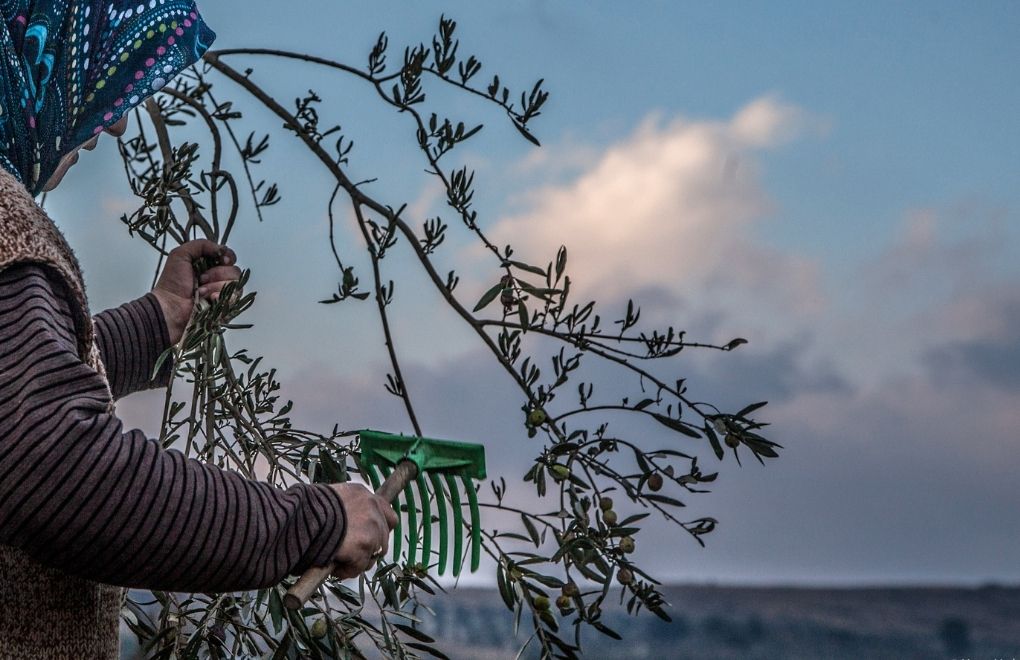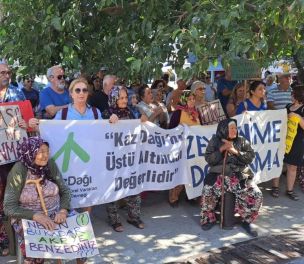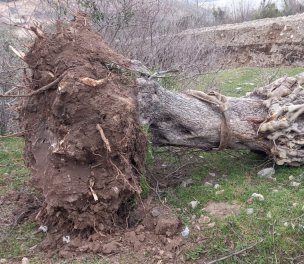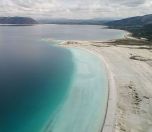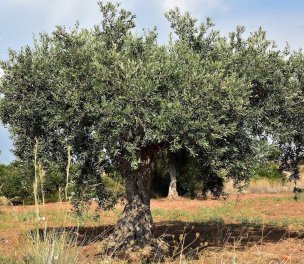Click to read the article in Turkish
With a regulation amendment published in the Official Gazette on March 1, mining operations are allowed on olive groves on the condition that groves will be "rehabilitated" after the end of operations.
The public has strongly opposed the decision with civil society groups filing lawsuits against it.
More than 350,000 people have signed a petition against the regulation on Change.org.
A poster prepared for the campaign says, "What would you like to have for breakfast? Olive or coal?"
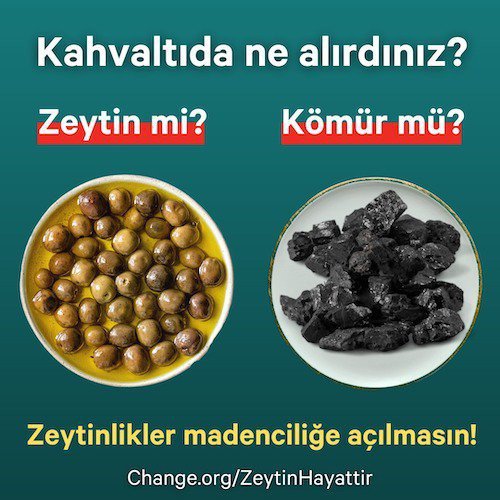
Not the first time
This was not the first regulation targeting olive groves in Turkey, which are a source of income for many farmers. Five years ago, a bill that would destroy olive groves was on the agenda but was canceled after the opposition of the public, olive producers and NGOs.
Aydın Şensal, who had launched a petition against that bill and managed to collect over 300,000 signatures, said if the new regulation is not canceled, olive groves will become "the backyard of miners."
"The land that feeds all of us, hundreds of families, will become poison storage sites. We can save oil groves by taking action and ensure that Turkey is aware and united about this issue by taking action together," he said.
Lawsuits
Several NGOs and farmers who own olive groves in Turkey's west have filed lawsuits against the regulation, claiming that it violates the Law on Olive.
The main opposition Republican People's Party (CHP), the Peoples' Democratic Party (HDP) and Greens Party announced support for legal action against the regulation.
İzmir Metropolitan Mayor Tunç Soyer, a member of the CHP, also said they will file a lawsuit against the regulation.
Olive production in Turkey
Turkey's olive production was 1.316 million tons in 2020, down by 13.7 percent compared to the previous year, according to the Turkish Statistical Institute.
Olive is mostly produced in the provinces of Aydın, Muğla and İzmir in the country's western Aegean Region, as well as its south.
According to Law no. 3573 on Improvement of Olive Growing, no facilities that emit chemical waste and produce dust and smoke cannot be built and operated within 3 kilometers of olive groves, except for olive oil factories.
The ruling Justice and Development Party (AKP) previously submitted seven bills about oil groves but had to withdraw them after reactions.
In 2012, it tried to get around the law with a statutory decree but the Council of State canceled it 14 months later. During this period, 26 mining enterprises became operational in 18,350 acres of oil groves. (TP/VK)




